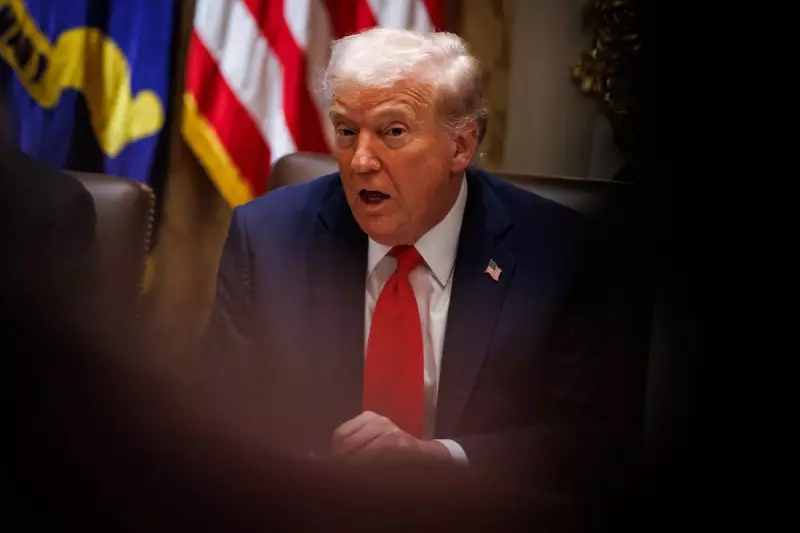
The political world is once again divided as former US President Donald Trump finds himself nominated for the Nobel Peace Prize, this time for his role in brokering what he calls a "definitive" peace agreement in Gaza.
The Controversial Nomination
Republican Congressman Keith Self has formally put forward Trump's name for the prestigious award, citing the former president's "transformative" Middle East diplomacy. The nomination centres on an agreement Trump announced just days before the US presidential election, claiming it would establish lasting peace between Israel and Palestinian factions.
Critics have been quick to question both the timing and substance of the deal, with many Middle East experts and political opponents describing it as an election stunt rather than a genuine peace effort.
Scepticism and Support
European diplomats and Middle East analysts have expressed significant doubts about the agreement's viability. Many note that the deal appears to lack crucial details about implementation and fails to address core issues that have derailed previous peace attempts.
Meanwhile, Trump's supporters have celebrated the nomination as recognition of his unconventional approach to international diplomacy. "This proves that President Trump's America First policy actually delivers global results," said one conservative commentator.
Historical Context
This isn't Trump's first brush with Nobel recognition. During his presidency, he received multiple nominations for his work on Middle East agreements, including the Abraham Accords that normalised relations between Israel and several Arab nations.
However, the current nomination comes amid heightened scrutiny of Trump's foreign policy legacy and raises questions about the politicisation of the peace prize selection process.
The Nobel Committee now faces the delicate task of evaluating a nomination that many see as intrinsically tied to domestic American politics rather than genuine peacemaking achievement.






